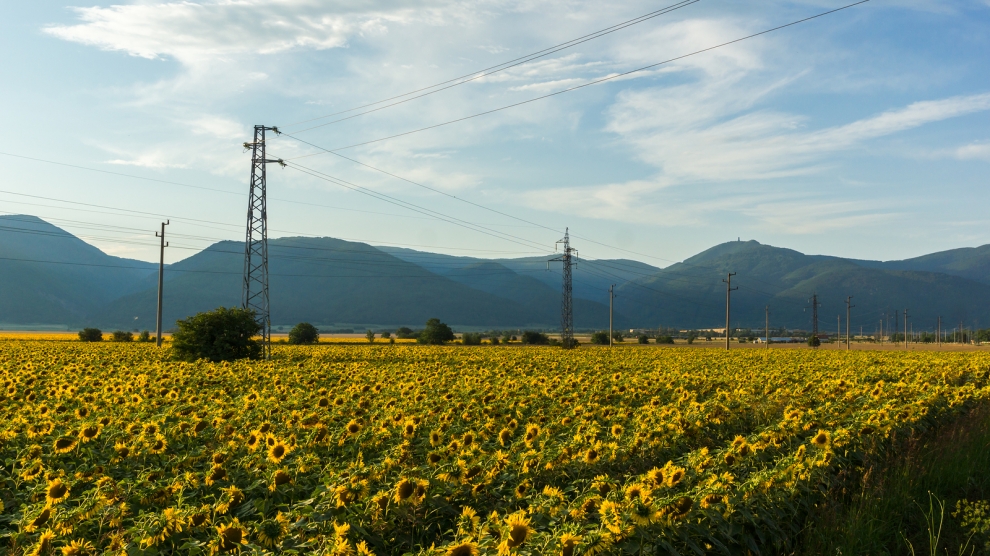Residents of Bulgaria’s sixth largest city, Stara Zagora, will have to cope with numerous large scale construction projects and repair works that have led to closed roads, squares and parks across the whole city.
“We are working on [EU] operational programmes, which all of these projects are a part of. We ought to work together on all these projects, so that we do not miss any deadlines and attract additional funding in the future,” said Stara Zagora’s mayor, Zhivko Todorov. “Unfortunately, due to the large number of EU projects which are currently being undertaken, the whole of Bulgaria has been dug up and many municipalities have had trouble finding skilled workers for the projects.”
In the meantime, a new industrial zone on the outskirts of Stara Zagora is being planned. The zone will cover 11.5 hectares of land and the state is expected to provide 3.5 million levs (1.79 million euros) for its construction. Mr Todorov admitted that the previous industrial area was unsatisfactory precisely because it was “on a bare meadow.” The new industrial zone is expected to attract new and larger enterprises to the area, which will “soften the blow” when the local thermal power stations are shut down, which the mayor calls “the biggest threat for the region.”
The Maritsa Iztok Thermal Power Plant-2 directly employs around 2500 people, as well as 7400 miners and over 2000 people indirectly. “Imagine how many families and business are connected to these power plants. We need to do everything we can to ensure the power plants continue functioning, as they are important for the balance of energy,” added Todorov.
One of the biggest advantages of the industrial zone is its accessibility, as there are public transport lines passing through the area, and there is adequate electricity and water supply. “We will create a modern European-style industrial zone in Stara Zagora with pre-built infrastructure so that the investors can begin work as soon as possible,” said Economy Minister Emil Karanikolov, who added that “a serious investor in the automobile sector has already officially enquired about the [industrial] zone.”






Add Comment